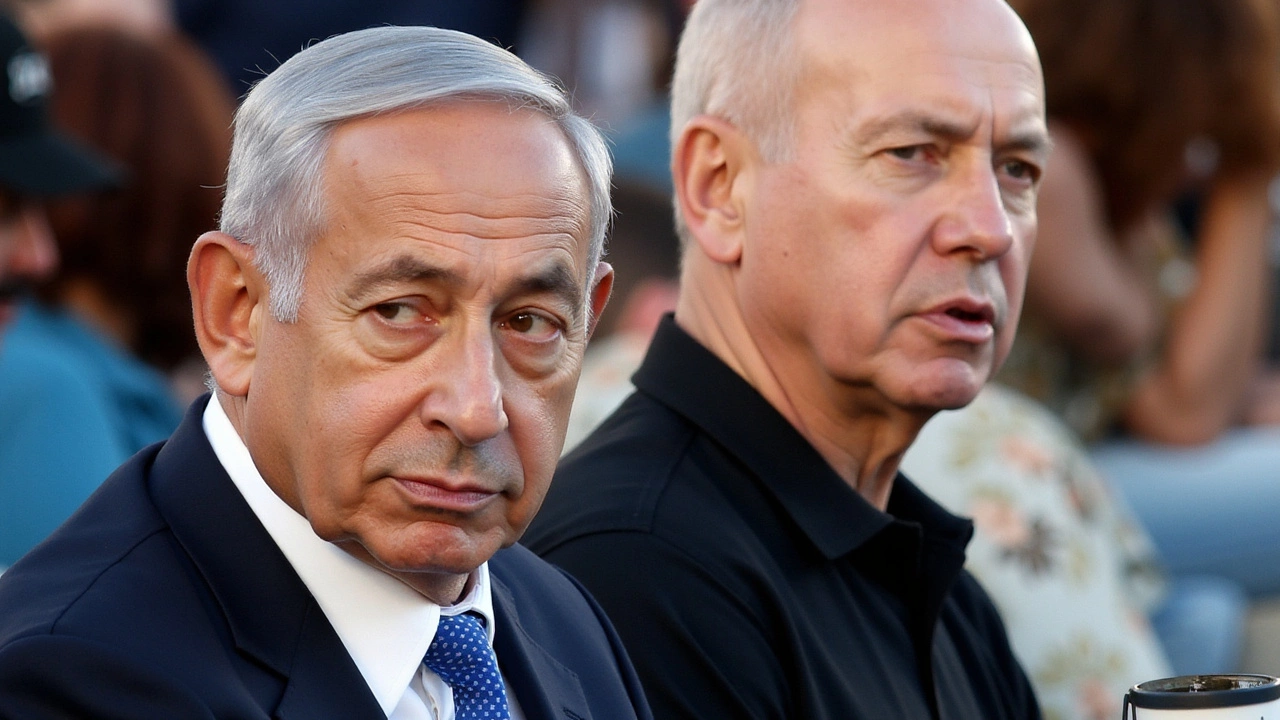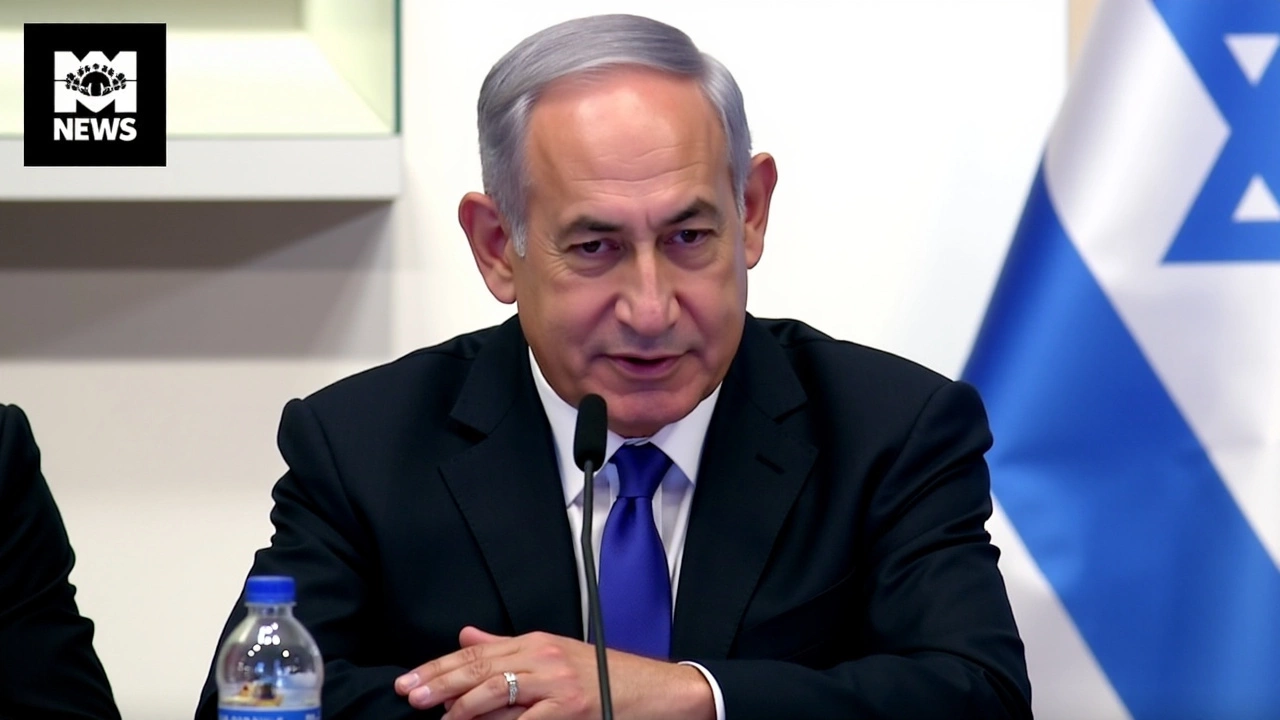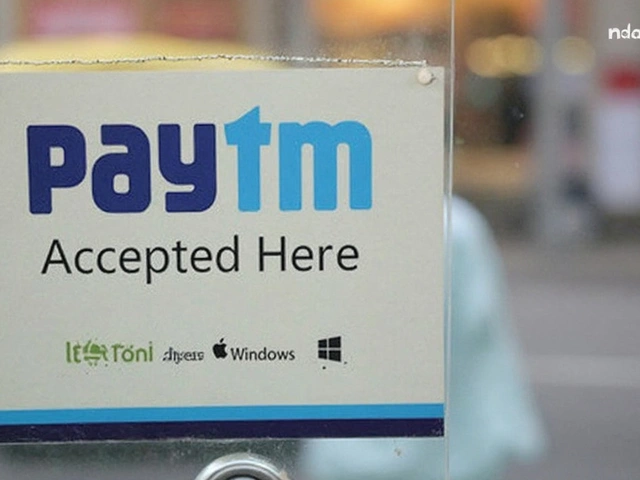The ICC's Decision and Immediate Consequences
The issuance of arrest warrants for Prime Minister Benjamin Netanyahu and former Defense Minister Yoav Gallant by the International Criminal Court (ICC) represents a significant moment in international law and politics. The ICC Pre-Trial Chamber I issued these warrants on November 21, 2024, following a comprehensive investigation into alleged war crimes and crimes against humanity committed during the fervent Israel-Hamas conflict. Notably, the investigation focused on events in the State of Palestine, spotlighting claims of war crimes, such as the starvation of civilians as a method of warfare, and crimes against humanity, including murder and persecution.
The arrest warrants have shocked international observers and posed complex challenges for diplomatic relations. The ICC's actions obligate 125 member states, including influential players like France and the United Kingdom, to arrest Netanyahu and Gallant if they enter their territories. This development adds a layer of tension to international relations, as countries must balance their legal commitments against political alliances. The warrants are binding for nations that have ratified the Rome Statute, although Israel and the United States, crucially, are not among them.
International Reactions and Political Ramifications
The international reaction to the ICC's decision has been profoundly polarized. Amnesty International regarded the warrants as a 'historic breakthrough for justice', heralding them as a pivotal moment for upholding international law and accountability. In contrast, the Israeli government's response was one of categorical rejection, vehemently denouncing the court's decision as 'antisemitic' and 'absurd'. According to their argument, the ICC's actions undermine the legitimacy of Israeli governmental operations and unjustly target high-ranking Israeli officials.
The United States has articulate opposition to the ICC’s move, arguing that the international body lacks jurisdiction in this matter, highlighting concerns about potential overreach and political bias. While some U.S. lawmakers have publicly defended the ICC's decision as a necessary step towards justice, this occurrence has divided opinion within American political circles. These differing stances can influence the path of U.S.-Israeli relations and the country's position in international human rights forums.
Historical Context and the Path Ahead
The charges against Netanyahu and Gallant emerge from an intricate historical context embedded in the longstanding Israeli-Palestinian conflict. Over the years, both sides have accused each other of violating international statutes and committing acts that warrant international scrutiny. The situation has led to contentious debates over the appropriate use of force, survival rights, and the protection of civilian populations during conflicts.
Netanyahu, who has been a dominant force in Israeli politics, now faces unprecedented legal challenges that could affect his political career and the broader trajectory of Israeli governance. Should he be detained in accordance with these warrants, the implications would reverberate throughout Israeli society, potentially altering the political landscape and Israel's relationships on the world stage.
The Role of Member States and Enforcement Challenges
One of the most pressing questions revolves around how member states will implement these warrants. The legal mechanisms to effectuate such an arrest are straightforward on paper, yet the geopolitical realities complicate enforcement. Member states with diplomatic or military alliances with Israel may face international pressure to take a stance that aligns with broader strategic interests rather than strict legal obligations.
Countries such as France and the United Kingdom, both prominent ICC members, are caught in a delicate balancing act. Their response to these warrants will be scrutinized both domestically and internationally, not just for its legal implications but also for the message it sends about their commitment to international justice versus their diplomatic relations with Israel.

Looking Forward: An Uncertain Future
The ICC’s decision marks only the beginning of a potentially protracted legal and political saga. Several outcomes are possible, including heightened diplomatic negotiations, potential immunity claims, or even alterations to the Rome Statute by member countries discontented with current stipulations. Whether or not these warrants lead to actual arrests, they furnish a precedent with significant implications for international law enforcement and political accountability.
As the world watches closely, the long-term consequences of this development will unfold, potentially altering not only the course of Israeli politics but also setting new standards for international accountability. This case could redefine how international bodies address allegations of war crimes, especially for serving world leaders, setting a tone for future global governance and justice systems.



